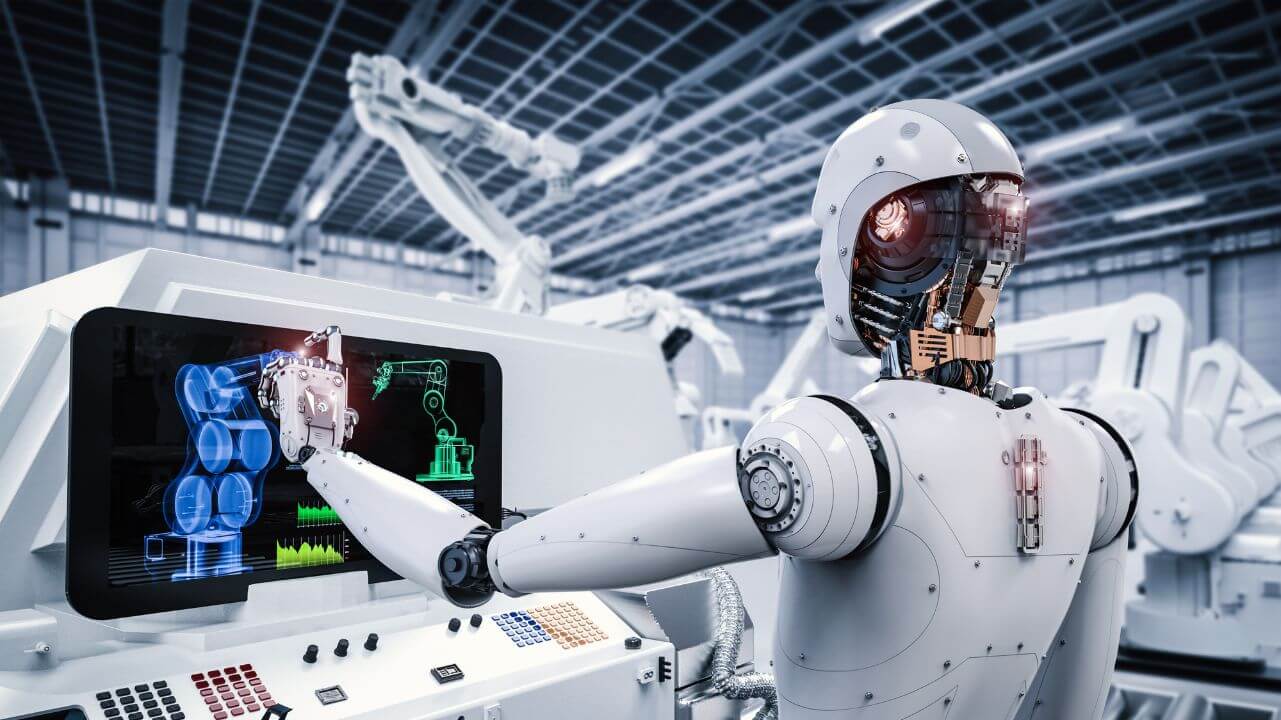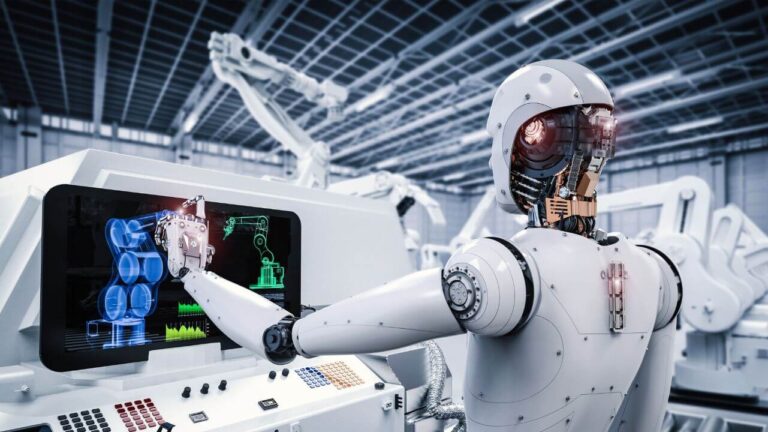Introduction:
In today’s digital era, the rapid advancement of technology has opened up new avenues for monitoring and security. One such revolutionary innovation is AI (Artificial Intelligence) monitoring, which combines the capabilities of AI and surveillance to create a powerful safeguarding solution. In this blog, we delve into the world of AI monitoring, exploring its benefits, applications, and the transformative impact it has on various industries. Get ready to witness the convergence of intelligence and surveillance, as AI monitoring takes center stage to secure the future.
-
The Rise of AI Monitoring:
AI monitoring represents a paradigm shift in surveillance, transforming it from passive observation to proactive intervention. With the ability to analyze vast amounts of data and make real-time decisions, AI monitoring systems can detect anomalies, identify patterns, and provide predictive insights, revolutionizing the way we monitor and secure our surroundings. -
Enhancing Security and Safety:
The primary objective of AI monitoring is to enhance security and safety across various domains. Whether it’s public spaces, commercial establishments, or residential areas, AI monitoring systems can detect suspicious activities, monitor for potential threats, and issue alerts to authorities or security personnel in real-time. This proactive approach enables swift responses and mitigates risks effectively. -
Intelligent Video Analytics:
AI monitoring harnesses the power of intelligent video analytics, allowing cameras to become intelligent sensors. These systems can detect and classify objects, recognize faces, track movements, and even analyze behavior patterns. By leveraging AI algorithms, video analytics can filter through massive amounts of footage, making it easier to identify critical events and take appropriate action. -
Predictive Maintenance and Operations:
AI monitoring extends its benefits beyond security to enable predictive maintenance and operational efficiencies. By analyzing data from sensors, equipment, and infrastructure, AI systems can detect patterns of failure, identify maintenance requirements, and optimize operational processes. This predictive approach helps prevent costly downtime, minimize disruptions, and maximize overall productivity. -
Traffic Management and Urban Planning:
In bustling cities, traffic management and urban planning are constant challenges. AI monitoring systems can analyze traffic patterns, detect congestion, and optimize traffic flow in real-time. This technology assists urban planners in making informed decisions for infrastructure development, improving transportation systems, and creating smarter, more livable cities. -
Environmental Monitoring and Conservation:
AI monitoring plays a crucial role in environmental monitoring and conservation efforts. It can monitor air quality, detect pollution sources, track wildlife, and analyze ecological changes. By providing accurate and timely data, AI monitoring aids researchers, conservationists, and policymakers in making informed decisions to protect our environment and preserve biodiversity. -
Healthcare and Patient Monitoring:
AI monitoring finds valuable applications in the healthcare sector, enabling remote patient monitoring, early detection of medical emergencies, and personalized healthcare delivery. With AI algorithms analyzing patient data in real-time, healthcare professionals can provide proactive care, reduce hospital readmissions, and improve patient outcomes. -
Ethical Considerations and Privacy:
As AI monitoring becomes more pervasive, it is crucial to address ethical considerations and privacy concerns. Regulations and policies need to be in place to ensure responsible use of AI monitoring technology, safeguard individual privacy rights, and prevent misuse of collected data. Striking the right balance between security and privacy is paramount to build trust in AI monitoring systems.
Conclusion:
AI monitoring represents a new era in surveillance and security, combining the power of artificial intelligence with monitoring capabilities. From enhancing security and safety to driving operational efficiencies and enabling smarter cities, AI monitoring is transforming industries across the board. As we embrace this cutting-edge technology, it is essential to recognize its potential, address ethical considerations, and leverage AI monitoring as a force for positive change, safeguarding the future for generations to come.











